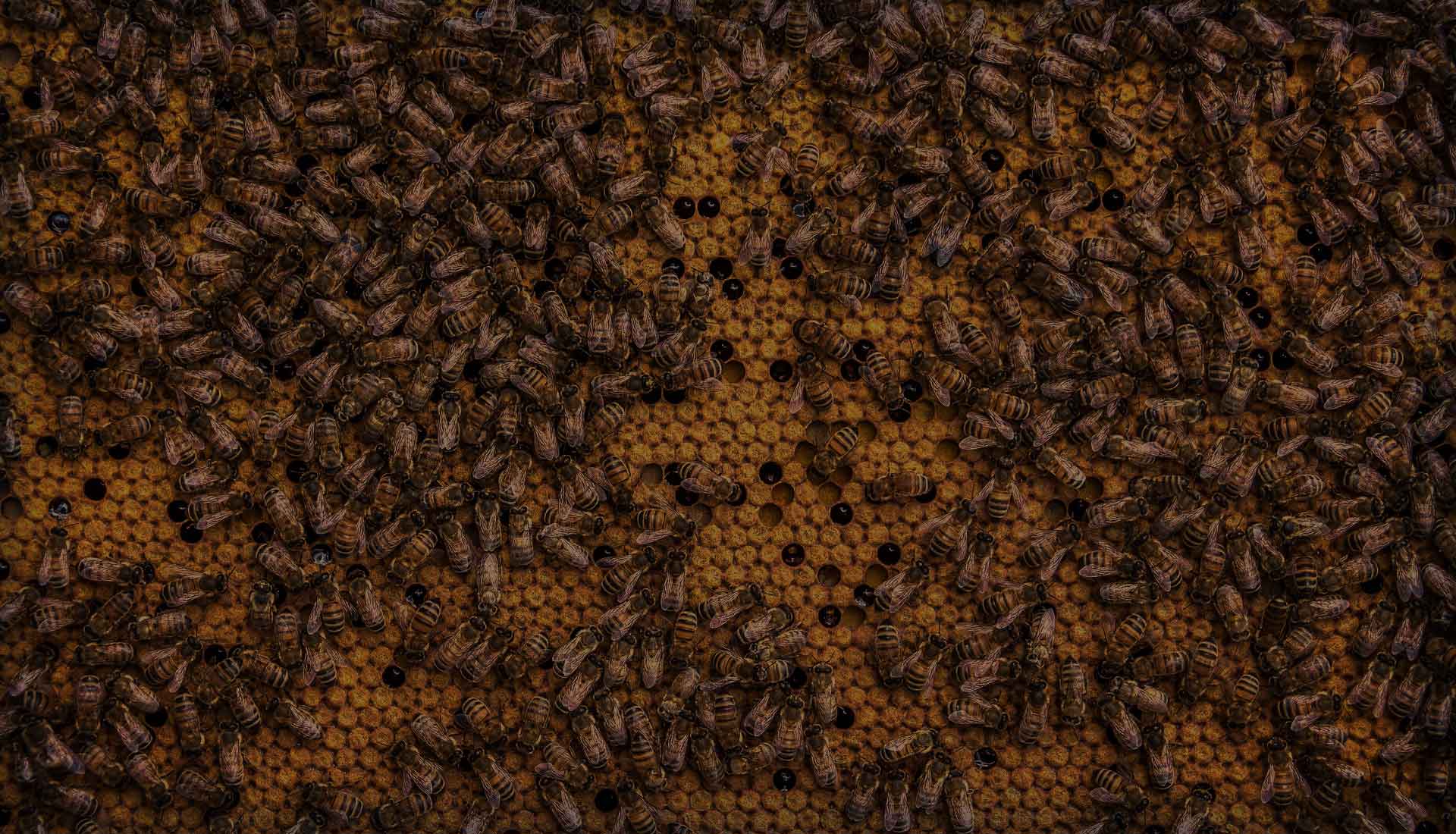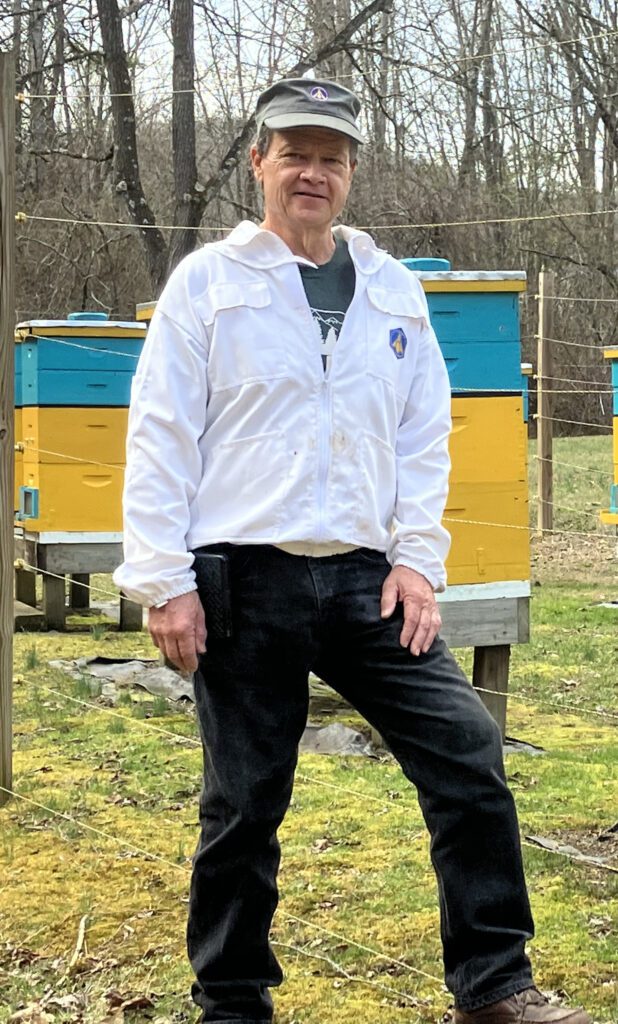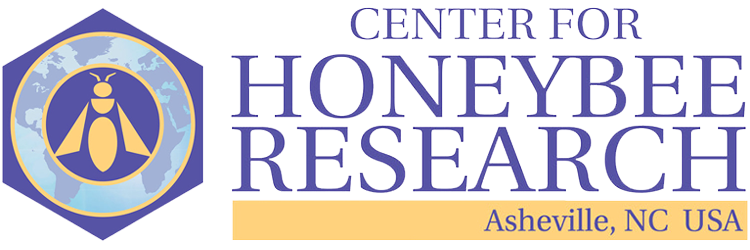

A Letter from the Director 2023
It is important to remember that this abundance is not guaranteed. Without the work of beekeepers and researchers to sustain and replenish the honeybee population each year, we could soon feel the effects of their loss. Indeed, honeybee survival has become dependent on breeding and replacing bees that are in decline.
The Center for Honeybee Research continues to pursue our understanding of what sustains a healthy pollinator community, what threatens it, and what can be done to prevent its demise. In the coming year, The Center will continue to work in three important areas:
Longitudinal Studies
The key to knowing what undermines honeybee survival is a better understanding of what constitutes a normal, healthy honeybee community. The Center is now in its 13th year of Project Genesis, in which we document the activities and conditions of beehives over time. We are in the process of making our findings available to research laboratories to support their studies and make it easier for them to collaborate across a common platform. The more that scientists have access to studies such as these, the more thorough their research is and the faster, we hope, their questions can be answered.
Bees Alive
There are many speculations and assumptions about what goes on inside the hive—when bees swarm, what causes them to relocate, how well they endure the environment, and what changes occur. Our Bees Alive project places “eyes in the hive” with internal micro cameras that are linked to a central control station where data is gathered. The project also monitors the environment and behaviors of the bees in residence. We have nearly completed our beta testing of this project and hope to begin positioning our monitoring systems with participating beekeepers throughout the world.
Best Practices
The Center for Honeybee Research has been the source of education and insight for new as well as experienced beekeepers. In addition to our own studies, the relationships we maintain with experts, scientists, and educators enable us to serve as a clearinghouse of information for beekeeping professionals and novices alike. Along with hosting workshops and providing tours, The Center has begun producing videos for successful beekeeping practices. Furthermore, our International Honey Tasting contest continues to gain momentum. In 2023, the Contest and accompanying HoneyFest were attended by more than 3000 people. It’s our way of spreading the word about everyone’s role in pollinator conservation.
Your support is needed in an exciting year ahead…
We’ve made great strides and are eager to expand our research into new areas. As we do so, the challenge increases both physically and financially. Your support is crucial for The Center to implement and install systems for scientific study and analysis. Please consider a generous donation to the Center for Honeybee Research. Your contribution will play a vital role in helping us find answers to the problem of honeybee decline and ultimately the health and preservation of honeybees and pollinators on our planet.
Carl Chesick,
Executive Director of The Center for Honeybee Research

